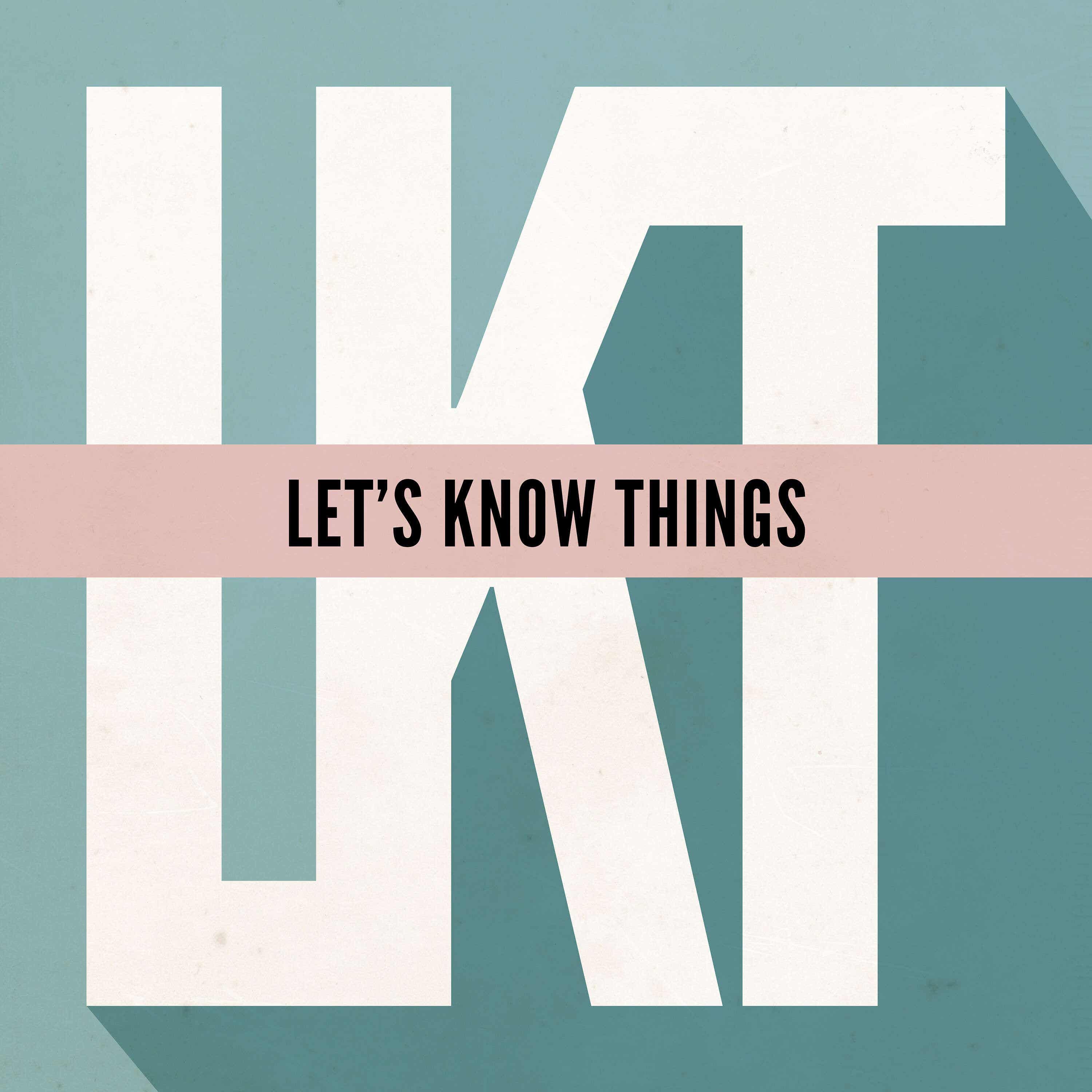July Surprises
Description
This week we talk about assassination attempts, presidential drop-outs, and October Surprises.
We also discuss election narratives, the frictions of age, and brief attempts at unity messaging.
Recommended Book: The Day the World Stops Shopping by JB MacKinnon
Transcript
On October 7 of 2016, The Washington Post released a video from 2005 in which Presidential Candidate Donald Trump bragged about how you can get away with sexually assaulting women if you're famous.
That same day, Wikileaks released transcripts of three paid speeches given by Presidential Candidate Hillary Clinton to banking giant Goldman Sachs as part of a larger bundle of divulgences from the hacked personal Gmail account of her campaign chairman, John Podesta—these speeches were pretty controversial as they were very well paid—she earned $675,000 in speaking fees from Goldman for the appearances, and fellow Democratic candidate Bernie Sanders lambasted her for the apparent conflict of interest this payout implied.
Also on October 7, 2016, mere hours before that tape was released and those talks were leaked, Trump publicly claimed that the Central Park Five—a group of black men who were wrongly convicted of assault and rape in 1989, and who were later exonerated by DNA evidence and a confession from the actual perpetrator—Trump claimed they were guilty, which was a silly and to some, quite offensive thing to say, but it also seemed to gesture at the candidate's ignorance, at minimum, and according to some responses to this statement, at least, his possible racism, as well.
So October 7 of 2016 was a pretty big day in terms of political divulgences, and it's considered to be one of the most prominent modern aggregations of what are, in US politics, often called October Surprises.
The term October Surprise was coined by former President Ronald Reagan's campaign manager during the run-up to the 1980 presidential election in reference to fears that a last-minute deal negotiated by incumbent president, and Reagan's competitor in the race, Jimmy Carter, to get American hostages in Iran freed could net Carter enough votes to win re-election, despite many other variables operating against him.
News reports were abuzz over these negotiations, so the narrative leaning in the President's favor could tilt things against Reagan, and his campaign manager was thus concerned that this bit of news, which was outside of his control, part of a spiral of larger events, would drop like a bomb on his campaign maneuverings, upending everything and completely changing the nature of the race, if it were to happen.
That ended up not being the case, as Iran's leaders eventually notified their counterparts in the US that they wouldn't be releasing anyone until after the election, but this sort of last-minute narrative change-up had occurred in US elections before, including then-National Security Advisor Henry Kissinger saying, at a press conference, that he believed the Vietnam War would end soon, just twelve days before the 1972 election, which is thought to have helped Nixon win another term in office, and—also on October 7, but in 1964—one of then-President Johnson's top aides was arrested for engaging in homosexual acts with another man at a DC YMCA, which seemed likely to tip the scales against his campaign, as that was a big no-no at the time, but then, just a week later, hardliners in the Soviet Union booted Nikita Khrushchev from power, the Labour Party narrowly took over the UK government, and China conducted its first nuclear weapons test; all of which pushed that YMCA incident from the news and rebalanced the election in various ways.
These sorts of last-minute surprises—last-minute because US presidential elections occur in early November, and these things seem to land like clockwork sometime in October, give or take a week—abound throughout US history, and though they usually only have a small or moderate impact on the final vote, in some cases they've be
More Episodes
This week we talk about neural networks, AGI, and scaling laws.
We also discuss training data, user acquisition, and energy consumption.
Recommended Book: Through the Grapevine by Taylor N. Carlson
Transcript
Depending on whose numbers you use, and which industries and types of investment those...
Published 11/19/24
Published 11/19/24
This week we talk about the Double Reduction Policy, gaokao, and Chegg.
We also discuss GPTs, cheating, and disruption.
Recommended Book: Autocracy, Inc by Anne Applebaum
Transcript
In July of 2021, the Chinese government implemented a new education rule called the Double Reduction Policy.
This...
Published 11/12/24


